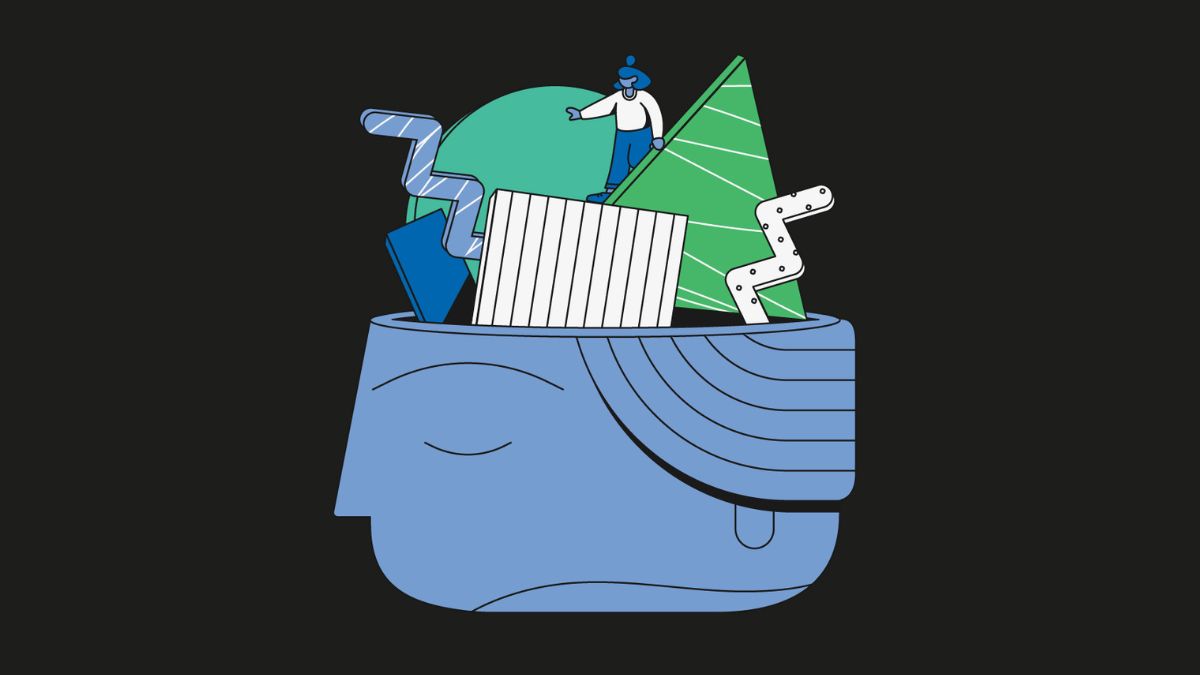
Mental health issues are becoming increasingly prevalent in the workplace. In fact, they’re now the main driver of the increase in work-limiting health issues affecting employees in the UK.
Between 2013 and 2023, the proportion of working-age people experiencing mental health problems at work has doubled, according to analysis from think-tank The Health Foundation – with depression and anxiety are most prevalent health conditions reported by employees.
Although most employers want to help staff facing these health issues, a lack of capacity and knowledge, particularly at small businesses, means that aid often comes too late or is completely absent, The Health Foundation found.
While employers and HR are aware they can be doing more to support this growing contingent of the workforce, knowing which interventions will help staff can be difficult.
With the theme of this year’s World Mental Health Day (10 October) being workplace mental health, here are the ways three employers are attempting to tackle the issue.
McLaren’s performance hub
The competitive nature of Formula One and the busy racing calendar can make it a high-pressure environment to work in. Supporting the physical and mental health and wellbeing of staff is therefore a priority for McLaren Racing.
“At McLaren Racing, our people are our biggest asset and differentiator,” says Daniel Gallo, its chief people and sustainability officer. “The physical and mental health of our entire team is fundamental in our drive for high performance.”
You can’t disconnect physical and mental health
To look after its employees, the motor-racing team recently invested in a multi-million pound wellbeing and performance hub at its Woking offices. The Optimum Nutrition McLaren Performance Hub offers employees access to on-site medical services, including a GP, physiotherapist and psychologist, as well as a fully fitted gym.
“You can’t disconnect physical and mental health, so this facility tries to address both of those things holistically,” Gallo says. “We want to provide our people with a supportive work environment, because working in F1 can be high pressure. This allows people to perform at their best.”
Gallo hopes the new on-site provisions translate to on-track performance. He stresses that mental health pressures can be faced by everyone, so it’s important that wellbeing services are inclusive and offered to all – not just its athletes.
“Mental health challenges can be driven by personal circumstances or by work pressures. So making sure everyone has access to the same clinical support is fundamental to our employee welfare and ultimately to our performance as a team,” Gallo says. “It would be very short-sighted for an organisation like McLaren not to take this seriously.”
Spotify’s wellness week
While a number of companies offer staff mental health days, Spotify offers its staff a full week of paid time off to spend how they see fit. During this period, held in November each year, its offices are effectively shut down and people are encouraged to take a restorative break from their daily work.
Something different happens when everybody’s off at the same time
“Something different happens when everybody’s off at the same time, compared to taking time off for vacation,” explains Spotify CHRO Katarina Berg. “Often, you come back from holiday to a pile of emails. But if we all take the same week off to work on our own wellness or spend time with our family and friends, you come back with a different outlook.”
Spotify first introduced its wellness week in 2021, at a time when many people were suffering with pandemic-related stress and burnout. The success of the initiative has meant it is now an annual benefit for all staff. The week off is counted separately from employees’ holiday allowance.
“A wellness day will make little difference if you’re very close to burnout,” Berg says. “But a week really does.”
Asics’ desk breaks
The connection between mental and physical health is well documented. For desk-based workers who spend the majority of their days glued to their chair, this can have a significant impact on their mental wellbeing.
The mental state of employees begins to decline after two hours of continuous desk-based work, according to a new study conducted by King’s College London and sports brand Asics. It found that 15 minutes of physical activity during the working day can lower stress levels, improve focus and make people feel more calm and resilient.
Creating a culture of openness can really help
In response to the findings, Asics has inserted a 15-minute break clause into its employee contracts. “In our offices, we see people are sitting down a lot, either in a Teams meeting, in a cubicle or at their desk,” says Katja Meeuwsen-Nass, vice-president of HR for Asics. “We already encourage our employees to engage in physical activity but we wanted to solidify that.”
Asics has found that empowering staff to step away from their desks more frequently can reduce anxiety levels and increase productivity. “It’s good for the employee but also for the employer, so it works for everyone,” Meeuwsen-Nass says.
Some Asics employees were already taking regular breaks and were surprised to see an additional 15-minute break added to their contracts. However, Meeuwsen-Nass thinks it has been a useful exercise to remind employees of the company culture and the importance of mental health. “It is something we need to address and creating a culture of openness can really help,” she adds.
